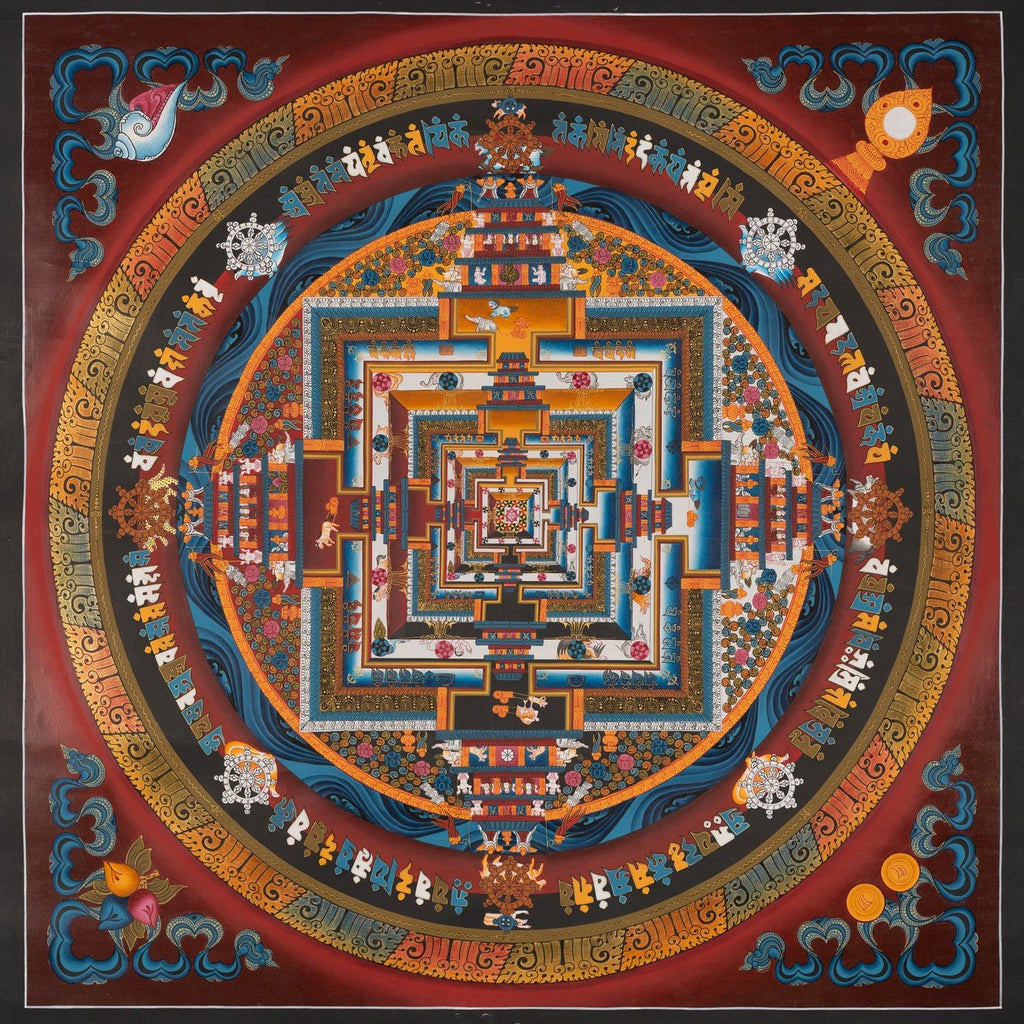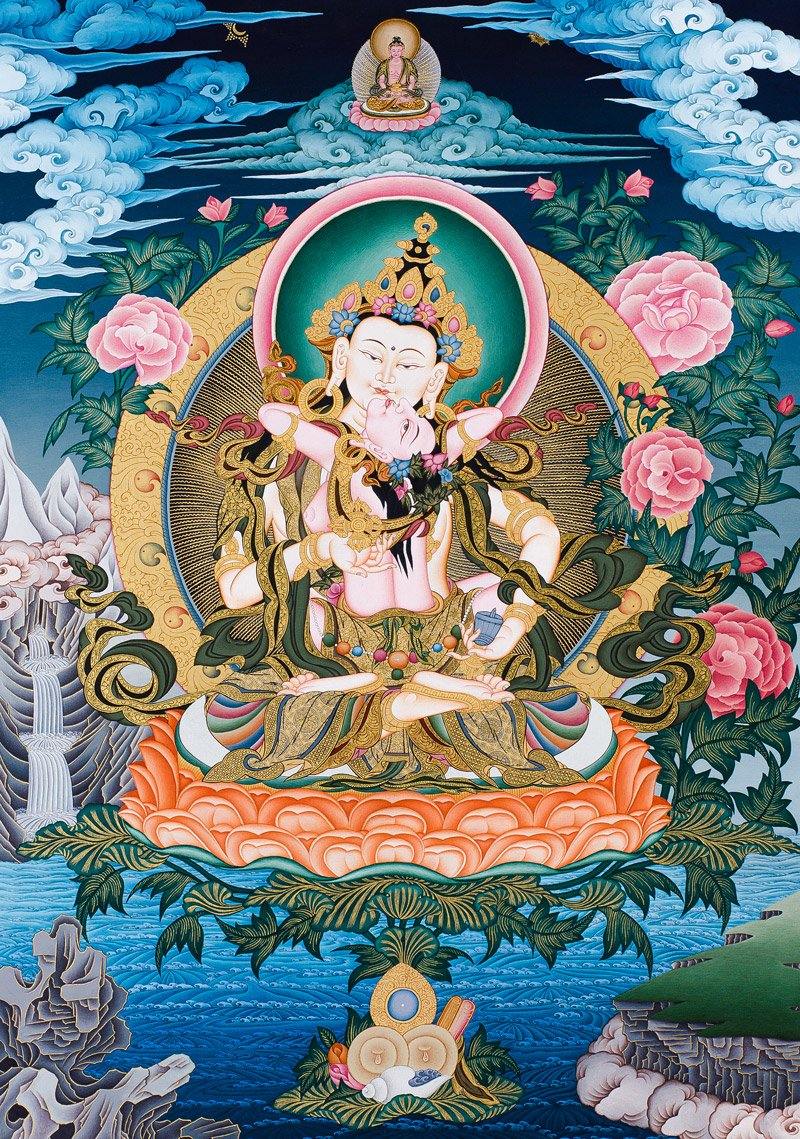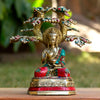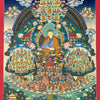
Wheel Of Life Thangka Meaning Explained
Thangka symbolizes culture, peace, and purity of art. It is a symbolic representation of Samsara (or cyclic existence) found on the outer wall of Tibetan Buddhist Temples and monasteries in the indo-Tibetan region. In Nepal, the Wheel of Life is kept in a simulated form or printed in the thangka. In the Mahayana Buddhist Tradition. It is believed that the drawing was designed by the Lord Buddha himself to help ordinary people understand the Buddha technique.

History of Thangka Painting
Thangka Paintings Symbolizes the Buddhist Tibetan Culture. Here we discuss the History of Thangka Painting along with the Religious Importance of Thangka Painting Art. Dating back to the 7th century A.D, thangka painting is one of the most prominent art forms of Asia, and is deemed to be part of the Abhidharma, also called “Art of Enlightenment”. This implies that thangkas are analyzed Buddhist iconography, all paintings will symbolically embody...





